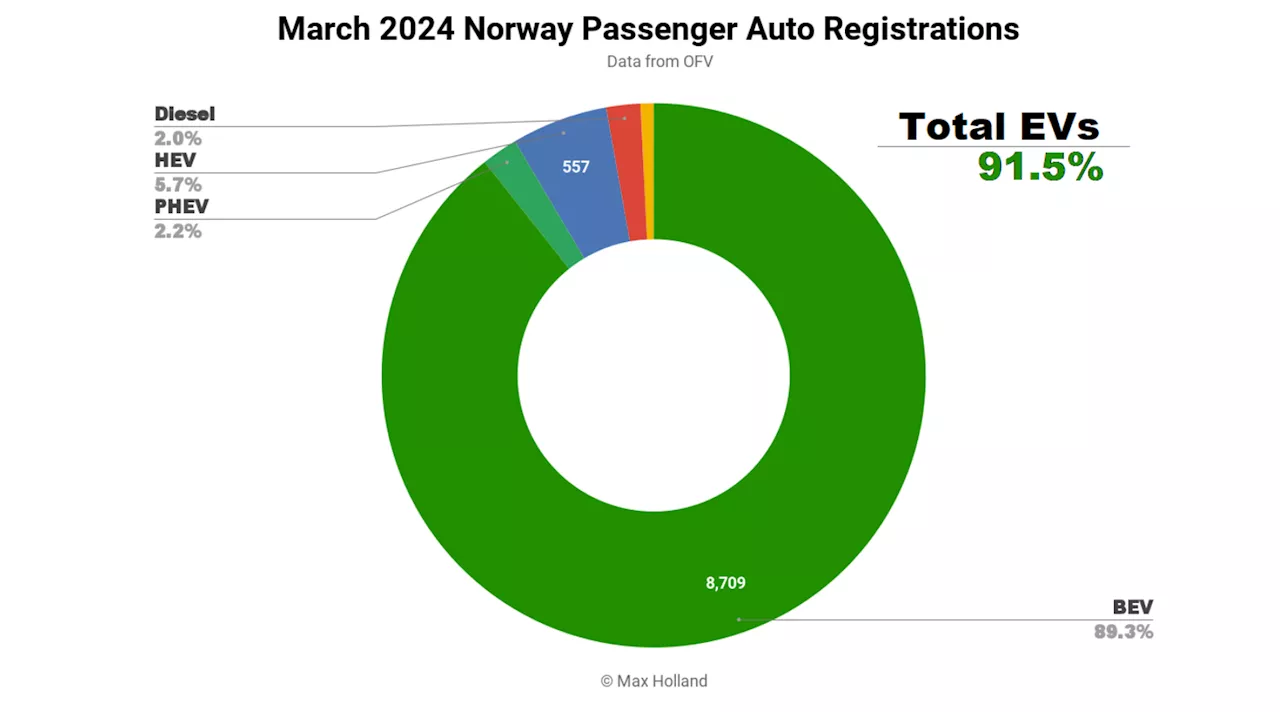Recurrent data shows that just one percent of PHEVs needed battery replacements between the 2016 and 2023 model years.
One of the first questions potential buyers ask about hybrids, plug-in hybrids and EVs is, “How long will my battery last?” Naysayers always quote the steep battery replacement prices as a reason to steer clear of electrified vehicles, but a recent study from Recurrent and data compiled by the government shows that you might not have to worry. This week’s Energy.
The data show that an average of only 1.5% of PHEVs have needed battery replacements due to failure between 2011 and 2023, and that number dropped to just 1% between 2016 and 2023. Features including thermal management and cooling systems have prolonged battery life, and newer internal chemistries have proven more robust than the early battery pack technologies.
To clarify, the number of PHEV battery replacements was definitely higher prior to the 2015 model year. Vehicles from the 2014 model year have a 3.9% replacement rate, while those from 2013 are at 4.4%. In 2011, that number was 7.5%, so it’s better to go as new as you can afford if you’re shopping on the used market.
It’s also important to note that we’re only looking at 12 years, here, and the average replacement rates might shift as more data becomes available. Additionally, this study doesn’t account for recall-related replacements, which can be annoying, even if you’re not on the hook to pay for it. The good news out of all of this is that, with a solid pre-purchase inspection, you’ll probably be in good shape buying a used PHEV. Automakers have also started lengthening warranty coverage in recent years, so if you can afford a car from 2020 or later, you’ll likely see ten years or 100,000 miles of protection against battery failures. Though this data certainly suggests recent used buyers and new buyers are unlikely to need that warranty.
United Kingdom Latest News, United Kingdom Headlines
Similar News:You can also read news stories similar to this one that we have collected from other news sources.
 Dealing With The Flood of PHEVs That’s ComingPHEV technology could do a lot of good for the world while keeping the costs down for a while until battery prices come down more.
Dealing With The Flood of PHEVs That’s ComingPHEV technology could do a lot of good for the world while keeping the costs down for a while until battery prices come down more.
Read more »
 BYD, Geely Race To Debut Epic 1,200-Mile PHEVsThe two Chinese rivals are working on next-gen plug-in hybrid technology that will offer drivers ultra-long-range vehicles
BYD, Geely Race To Debut Epic 1,200-Mile PHEVsThe two Chinese rivals are working on next-gen plug-in hybrid technology that will offer drivers ultra-long-range vehicles
Read more »
 Aston Martin Delays First EV, Will Sell PHEVs Into The 2030sLow-volume, high-price point automakers like Aston Martin don't want to go electric fearing their very small customer base will disappear if it does.
Aston Martin Delays First EV, Will Sell PHEVs Into The 2030sLow-volume, high-price point automakers like Aston Martin don't want to go electric fearing their very small customer base will disappear if it does.
Read more »
 Comparison: 2023 Hyundai Santa Fe vs 2023 Kia Sorento PHEVs | Car ReviewsHow to choose between the 2023 Hyundai Santa Fe PHEV vs 2023 Kia Sorento PHEV? Auto123 compares two attractive plug-in SUVs options.
Comparison: 2023 Hyundai Santa Fe vs 2023 Kia Sorento PHEVs | Car ReviewsHow to choose between the 2023 Hyundai Santa Fe PHEV vs 2023 Kia Sorento PHEV? Auto123 compares two attractive plug-in SUVs options.
Read more »
 Car firms defend PHEVs amid evidence of high CO2 outputRecent advances in battery capacity and efficiency give PHEVs great potential to reduce emissions, manufacturers argue
Car firms defend PHEVs amid evidence of high CO2 outputRecent advances in battery capacity and efficiency give PHEVs great potential to reduce emissions, manufacturers argue
Read more »
 Plugin EVs Take 91.5% Share in Norway's Auto MarketMarch’s auto market in Norway saw plugin EVs taking a 91.5% share, up from 91.1% compared to the previous year. Battery electric vehicles (BEVs) alone accounted for almost 90% of the market share. The increase in plugin EVs is attributed to a policy change that came into effect on January 1, which aimed to encourage buyers to choose BEVs over plug-in hybrid electric vehicles (PHEVs). PHEV sales experienced a surge in December 2023, reaching a 16% share, but since January, their share has decreased to 2% in Q1 2024. On the other hand, BEV share has increased from 83% in 2023 to 90.2% in Q1 2024. Although PHEV share is expected to recover slightly in the coming months, it will not reach previous levels due to the policy's focus on promoting BEVs. Overall, the auto market in Norway has seen a decline in volumes for most powertrains, with PHEVs being the most affected, falling to 25% of their year-on-year volume.
Plugin EVs Take 91.5% Share in Norway's Auto MarketMarch’s auto market in Norway saw plugin EVs taking a 91.5% share, up from 91.1% compared to the previous year. Battery electric vehicles (BEVs) alone accounted for almost 90% of the market share. The increase in plugin EVs is attributed to a policy change that came into effect on January 1, which aimed to encourage buyers to choose BEVs over plug-in hybrid electric vehicles (PHEVs). PHEV sales experienced a surge in December 2023, reaching a 16% share, but since January, their share has decreased to 2% in Q1 2024. On the other hand, BEV share has increased from 83% in 2023 to 90.2% in Q1 2024. Although PHEV share is expected to recover slightly in the coming months, it will not reach previous levels due to the policy's focus on promoting BEVs. Overall, the auto market in Norway has seen a decline in volumes for most powertrains, with PHEVs being the most affected, falling to 25% of their year-on-year volume.
Read more »
